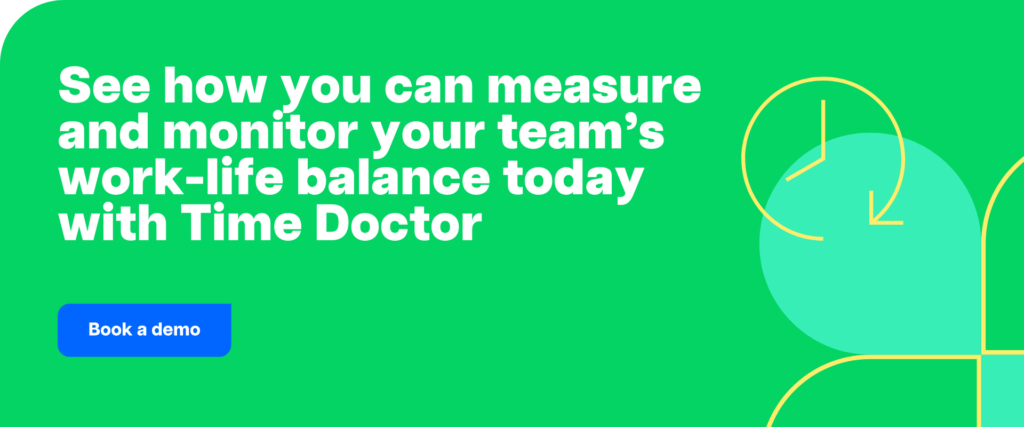Remote’s Global Life-Work Balance Index highlights which nations are setting the bar for ensuring their citizens can prosper in both areas at a time when finding a good balance between work and personal duties is more important than ever. This thorough research emphasizes the idea of “life first, work second,” highlighting how important it is to put one’s own well-being ahead of one’s career accomplishments. We examine the top ten nations that are changing the bar for attaining the ideal work-life balance below.
1. New Zealand: An anchor of equilibrium
New Zealand, which leads the group with an index score of 79.35, is a proponent of striking a balance between personal and professional obligations. Well-known for its stunning scenery and for being a safe refuge for thrill seekers, it also does a great job of offering generous mandatory yearly leave, a high rate of sick pay, and a healthcare system that is available to everyone.

2. Spain: Siestas and festivals
Not far behind, Spain claims the second spot with its world-renowned cultural festivities and an enviable approach to work-life dynamics. Boasting 36 days of statutory annual leave and one of the shortest average working weeks, Spain exemplifies how to put life before work, making it an attractive destination for those seeking a harmonious balance.
3. France: Chic and balanced
France emerges as the third leading nation, slightly trailing Spain, but no less committed to fostering a culture where work serves life, not the other way around. With its statutory annual leave, a comparatively generous minimum wage, and the pioneering right to disconnect, France marries its rich cultural heritage with progressive employment policies.
4. Australia: Sunlit balance
Ranking fourth, Australia offers a compelling mix of high minimum wages, comprehensive sickness benefits, and a robust public healthcare system, set against the backdrop of its sunny, temperate climate. This combination not only supports a healthy life-work balance but also promotes overall well-being.
5. Denmark: Happiness and harmony
Denmark stands out for its deep-rooted culture of work-life balance, bolstered by generous annual leave, complete sick pay, and universal healthcare. Recognized for its happiness levels and inclusivity, Denmark is a model of how societal values can shape a balanced and fulfilling life.

6. Norway: Nordic nirvana
Following closely is Norway, with its life-first ethos, comprehensive leave policies, and a healthcare system that is the envy of many. Its ranking reflects the broader Nordic approach to life, where happiness and health are paramount.
7. The Netherlands: Canals and contentment
The Netherlands sails into seventh place, celebrated not only for its picturesque landscapes but also for its emphasis on happiness and LGBTQ+ rights. While its healthcare system may not lead the pack, its balanced approach to work and life does.
8. The United Kingdom: Tradition and tranquility
The UK’s renowned healthcare system, combined with a strong social safety net and a high Human Development Index, secures its position as the eighth-best country for life-work balance. This underscores the UK’s commitment to ensuring that work enhances life, rather than detracts from it.
9. Canada: Diverse and dynamic
Canada’s inclusive culture, comprehensive healthcare, and the vibrant city of Toronto’s ranking as a top destination for remote work underscore its ninth-place finish. Despite higher average working hours, the country’s policies ensure a high quality of life.
10. Brazil: Vibrant and vital
Rounding out the top ten, Brazil celebrates a lively culture that extends into its approach to balancing work with life. Its commitment to health and family, alongside a universal healthcare system, demonstrates a valuable model for integrating work with the joy of living.
Observations and trends
Europe’s dominance in the index, with six of the top ten spots, highlights a regional commitment to life-work balance that could serve as a blueprint for nations worldwide. Meanwhile, the index also reveals areas for global improvement, such as the United States’ lower ranking due to its minimal support for leave and healthcare.
The Remote study not only identifies the leading countries in life-work balance but also underscores the evolving expectations for employment practices. As businesses and individuals strive for a healthier balance, these insights offer valuable benchmarks for progress and well-being.
Through its comprehensive analysis, the Global Life-Work Balance Index by Remote provides a critical lens through which to evaluate and aspire towards a more balanced and fulfilling life, both in and out of the workplace.
Conclusion
The Remote Global Life-Work Balance Index is a vital compass for those seeking a harmonious blend of professional success and personal fulfillment.
By spotlighting countries that excel in fostering environments where work enhances rather than encroaches upon life, this study not only highlights Europe’s pioneering role but also offers a roadmap for nations worldwide to follow.
Whether you’re contemplating a move or striving for greater balance in your current locale, these findings underscore the importance of prioritizing well-being alongside professional achievements.
As we navigate our careers and personal lives, the principles embodied by the leading countries in this index can guide us toward more satisfying and balanced lives.


